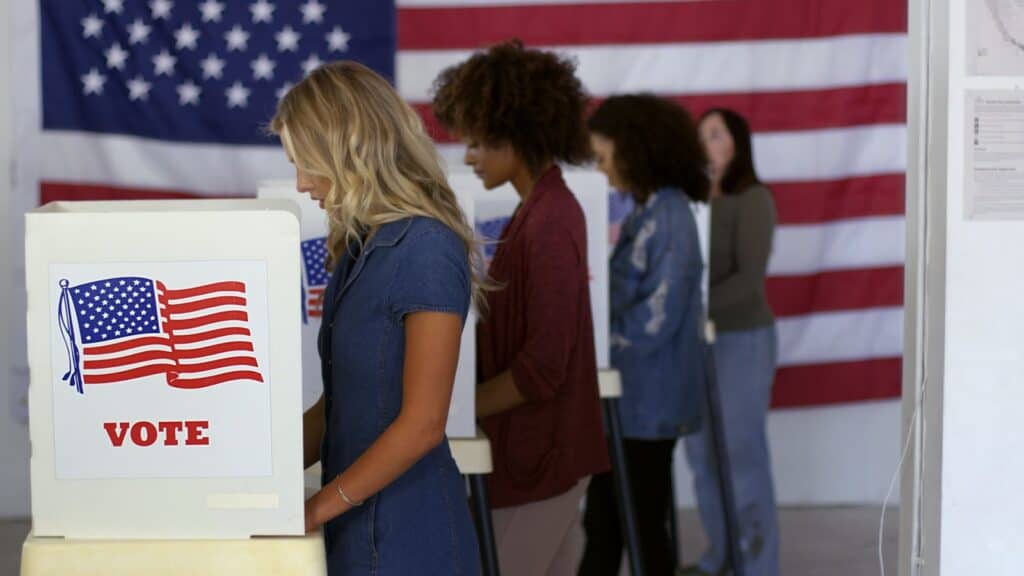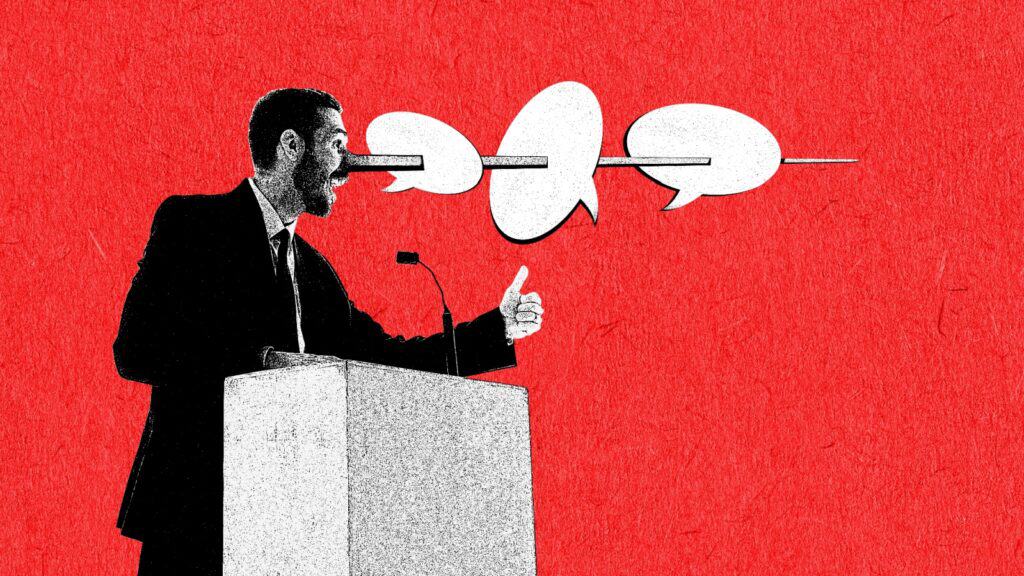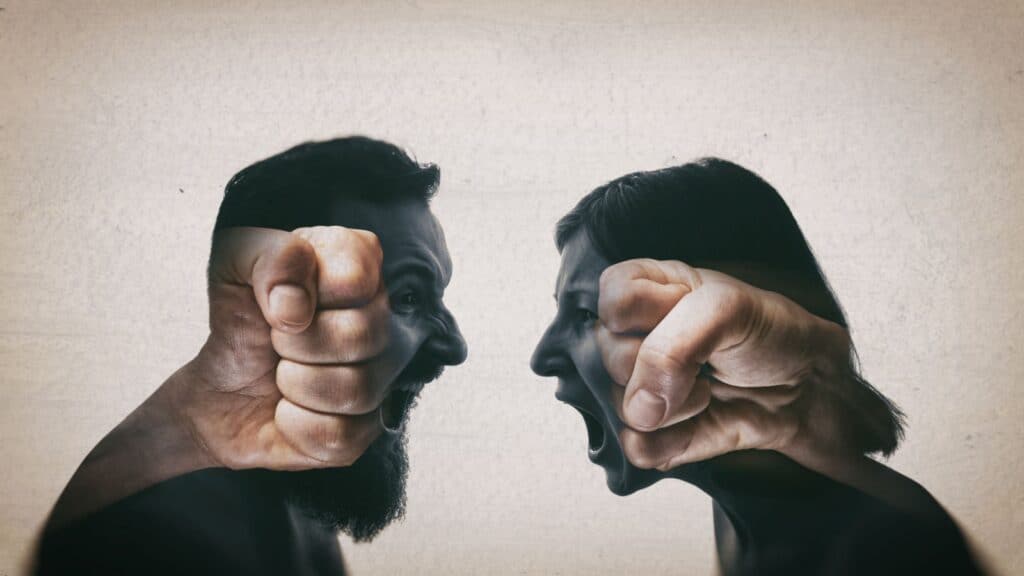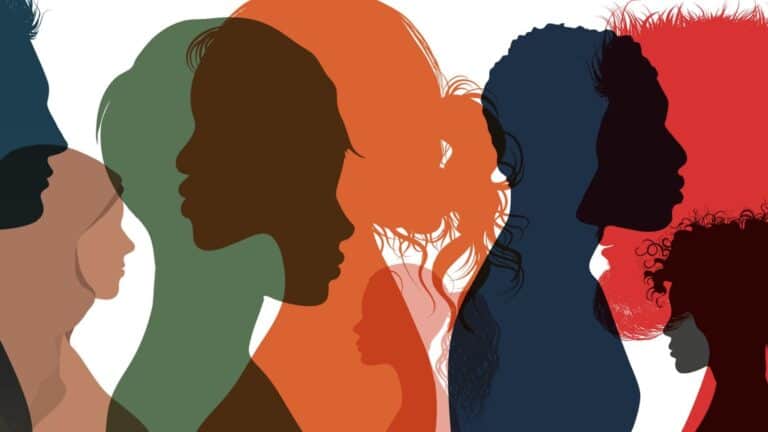Think Your Vote Doesn’t Matter? These Close Calls in History Prove Otherwise!
Voting is a fundamental right and a cornerstone of democracy. It is the mechanism by which citizens participate in the governance of their country, ensuring that their voices are heard and their interests represented. Despite its importance, voter turnout often falls short, with many people feeling that their single vote does not matter in the grand scheme of things. However, history has shown that votes can indeed make a significant difference, sometimes determining the outcome of an election by the slimmest of margins. This article will explore why voting is so important and provide examples of critical moments in U.S. history when close votes have shaped the nation.
Why Voting Matters

Voting is more than just a civic duty; it is an expression of your values, beliefs, and hopes for the future. When you vote, you are choosing leaders who will make decisions on your behalf, impacting everything from education and healthcare to the economy and national security. By participating in elections, you contribute to the direction of public policy and ensure that your concerns are addressed.
Representation

One of the primary reasons voting is important is that it ensures representation. Elected officials are tasked with making decisions that affect all aspects of society, and voting allows citizens to choose those who they believe will best represent their interests. When you vote, you are selecting someone who will speak for you in government, whether at the local, state, or federal level.
Accountability

Voting also holds elected officials accountable. If a politician fails to deliver on promises or does not act in the best interests of their constituents, voters have the power to remove them from office. This accountability is crucial for maintaining a government that truly serves the people.
Protection of Rights

Voting is a key way to protect your rights. Laws and policies that affect civil rights, freedom of speech, and other fundamental liberties are often shaped by those in power. By voting, you help to ensure that your rights and those of others are upheld. For marginalized communities, voting is especially important as it provides a means to advocate for equality and justice.
Impact on Local Communities

While national elections often receive the most attention, local elections are equally important. Local governments make decisions that directly impact your daily life, such as funding for schools, public safety, and infrastructure. Voting in local elections allows you to influence these decisions and improve your community.
Civic Responsibility

Voting is a civic responsibility that comes with the privilege of living in a democratic society. It is a way to honor the sacrifices made by those who fought for the right to vote, including the civil rights activists and suffragists who faced significant opposition to secure this fundamental right. By voting, you contribute to the preservation of democracy and help ensure that future generations can continue to enjoy this right.
Close Votes in U.S. History

Throughout U.S. history, there have been numerous instances where elections were decided by a narrow margin, demonstrating the power of each individual vote. Below are some notable examples:
The 2000 Presidential Election

One of the most famous examples of a close vote in U.S. history is the 2000 presidential election between George W. Bush and Al Gore. The election came down to the state of Florida, where the margin of victory was just 537 votes out of nearly 6 million cast. The result was so close that it led to a contentious recount process and a Supreme Court decision in Bush v. Gore, ultimately awarding Florida’s electoral votes—and the presidency—to Bush. This election underscored the significance of every single vote and highlighted the potential for close races to determine the course of the nation.
The 1960 Presidential Election

The 1960 presidential election between John F. Kennedy and Richard Nixon was another close contest, with Kennedy winning by just 0.17% of the popular vote. In this election, key states like Illinois and Texas played a critical role in determining the outcome. The narrow margin of victory in these states demonstrated how pivotal every vote can be in a tightly contested race.
The 2016 Presidential Election

The 2016 presidential election between Donald Trump and Hillary Clinton is another example of a close vote having a significant impact. While Clinton won the popular vote by nearly 3 million votes, Trump secured the presidency by winning the Electoral College. The election was decided by narrow margins in key swing states like Michigan, Pennsylvania, and Wisconsin, where the difference in votes was less than 1%. These razor-thin margins illustrate how important every vote is in determining the outcome of an election.
The 2017 Virginia House of Delegates Election

In 2017, a Virginia House of Delegates race ended in a tie, with both candidates receiving exactly 11,608 votes. The winner was decided by drawing a name out of a bowl, a stark reminder of how crucial each vote can be. This election also determined control of the House of Delegates, demonstrating the far-reaching consequences of close elections.
The 1974 New Hampshire Senate Election

The 1974 U.S. Senate election in New Hampshire was one of the closest in history, with the initial vote count showing a difference of just two votes. After multiple recounts and investigations, the election was eventually decided in favor of the Democratic candidate, John Durkin, by a margin of only 27 votes. This election highlights how every vote can influence the outcome, even in high-stakes national races.
The Power of Participation

These examples of close elections demonstrate the power of participation and the importance of every single vote. When citizens choose not to vote, they relinquish their influence over the decisions that affect their lives and communities. On the other hand, when everyone participates, the outcome of an election more accurately reflects the will of the people.
We Are A Democracy

In a democracy, the government derives its power from the consent of the governed. Voting is the means by which that consent is given or withheld. It is a powerful tool that allows citizens to shape their government and hold leaders accountable. By voting, you are not only exercising your rights but also contributing to the strength and vitality of the democratic process.
YOUR VOTE MATTERS!

Voting is an essential part of being an engaged and responsible citizen. It is a way to ensure that your voice is heard, your rights are protected, and your community is well-represented. The history of close elections in the United States serves as a powerful reminder that every vote counts and that the outcomes of elections can have profound and lasting effects on the nation.
Get Out There And Make Your Voice Heard!

As you consider whether to vote in the next election, remember that your participation matters. The decisions made by those in power will affect your life and the lives of those around you. By voting, you can help shape a future that aligns with your values and aspirations. Don’t underestimate the power of your vote—use it to make a difference.
Spot the Lies: A Guide to Detecting Misinformation in Political Ads

In an age where information flows rapidly and easily across various media platforms, political advertisements have become a significant tool for influencing voters’ opinions. However, these ads are often laced with misinformation, half-truths, or misleading claims designed to sway public perception. Detecting misinformation in political ads is crucial for making informed decisions and fostering a healthy democratic process. This article explores various strategies and tips to help you identify and guard against misinformation in political advertisements.
READ: Spot the Lies: A Guide to Detecting Misinformation in Political Ads
Has the United States Ever Been This Politically, Socially and Culturally Divided in the Last 100 Years?

Every day we wake up to more news about how divided our country is and how increasingly angry and intolerant we are becoming of each other. It is not uncommon for many of us to feel anxiety and fear that we are headed in a direction we cannot return from. Has the United States ever been this politically, socially and culturally divided in the last 100 years? History says yes. And the influences on social divisions have been shifting.
Experts Reveal The Alarming Truth About Adult Bullying

Until recently, anti-bullying advocacy has focused primarily on youth. However, adult bullying is on the rise and poses significant risks to our collective mental and physical well-being. As a journalist who has experienced online bullying for years, I sought to better understand the nature and impact of this rise and what, if anything, we can do about it. This article for The Queen Zone results from a series of interviews I conducted with experts in this field. READ: Experts Reveal The Alarming Truth About Adult Bullying
Join Us

Join us on this empowering journey as we explore, celebrate, and elevate “her story.” The Queen Zone is not just a platform; it’s a community where women from all walks of life can come together, share their experiences, and inspire one another. Welcome to a space where the female experience takes center stage. Sign up for our newsletter so you don’t miss a thing, Queen!







